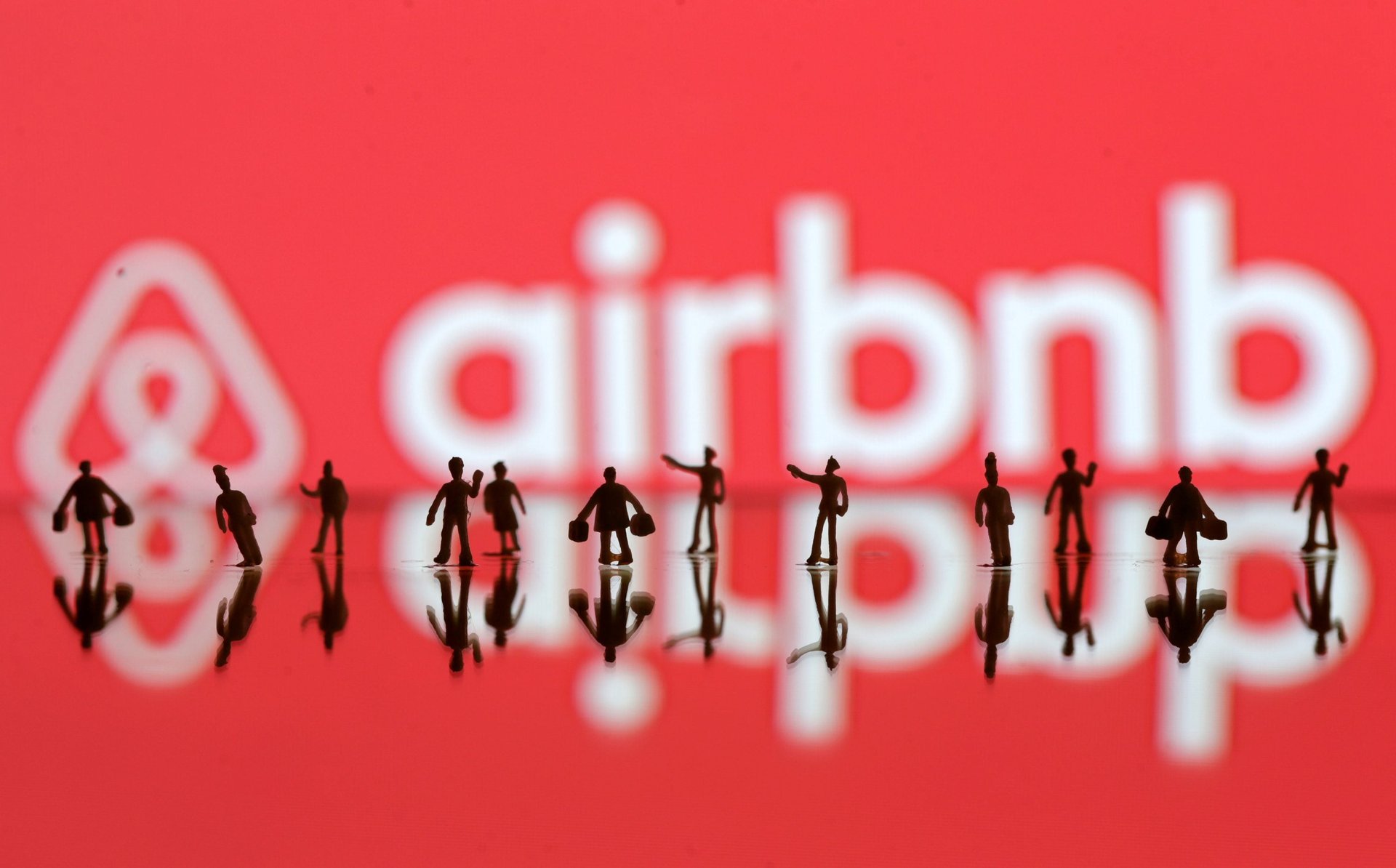Airbnb is losing one of its biggest advantages over hotels
Authorities across the world are clamping down on Airbnb’s biggest advantage over traditional hotels.


Authorities across the world are clamping down on Airbnb’s biggest advantage over traditional hotels.
Renting a room, or a home, from Airbnb has historically been far cheaper than staying in a hotel in part because people who rent out their homes via the service generally don’t pay the same business taxes levied on commercial properties. Last year, for instance, a study found renting an entire home on Airbnb costs less than a single hotel room 20 biggest US markets listed on the site. On average, the daily rate for an Airbnb house rental was $160.47 compared to $163.90 for a hotel room.
The differential in London is even greater, where the average room rate on the home sharing site was $108.29 less (paywall) than a hotel room. An analysis by the Financial Times (paywall) says that commercial properties in London must charge as much as $41.30 in additional taxes, including value-added and property taxes, while the average Airbnb stay includes just $8.40 a night in taxes. Hosts on Airbnb also enjoy tax allowances in the UK.
Under pressure from local authorities, Airbnb has made concessions that will curb these tax advantages.
In London and Amsterdam, Airbnb has agreed to block hosts from renting out their homes for longer than the cities’ yearly limits (paywall), unless the host has local permission. In London, hosts can’t rent for more than 90 days without planning permission, while in Amsterdam, the limit is 60 days.
Airbnb hosts could miss out on $400m worth of bookings (paywall) once the limits are enforced in London, according to recent estimates by AllTheRooms, an accommodation search engine, and the FT.
In Paris and 17 other French cities, Airbnb last year agreed to collect the same nightly tourist tax (paywall) paid by hotels. Hosts in Paris this year must also register with the local authority, making it more difficult for them to cheat and exceed the rental limit of 120 days a year. Those who are interested in renting out their property for longer than 120 days must register as a commercial property.
In Berlin, authorities have threatened hosts with fines of up to €100,000 ($103,560) if they let more than 50% of their apartment on a short-term basis without a permit. In Ireland, the housing minister plans to draw up guidelines on new rules for Airbnb hosts, which could result in higher taxes on their earnings.